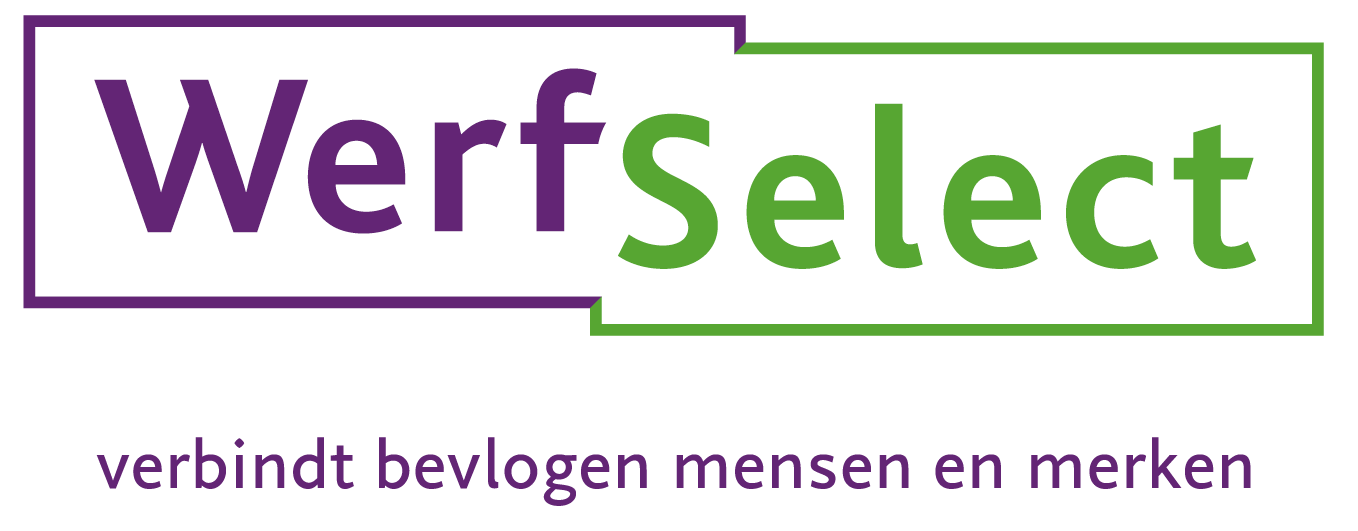What is the DBA Act and what does it mean for employers?
The Deregulation of Assessment of Labor Relations Act (Wet DBA) replaces the old VAR declaration and aims to tackle false self-employment. For employers, this means that they are responsible for the relationship with the self-employed workers they hire. This affects how contracts are drawn up and how the employment relationship is designed.
It is important for employers to understand that the DBA Act requires them to look carefully at the nature of the relationship with self-employed workers. This means that as an employer, you are responsible for assessing the employment relationship and ensuring that it is clearly recorded to avoid risks.
How can employers comply with the requirements of the DBA Act?
Employers must make clear agreements with the self-employed and record them in a model agreement that meets the requirements of the DBA Act. It is important to regularly check whether the employment relationship still corresponds to the recorded agreements. This helps to avoid any misunderstandings and ensures that you, as an employer, comply with labor laws.
It is also wise to invest in good communication with the self-employed. Regularly discuss the nature of the work and make sure there is no relationship of authority that could indicate employment. This way you avoid problems with the Tax Office and stay within the legal framework.
What are the risks of non-compliance with the DBA Act for employers?
Failure to comply with the DBA Act can result in fines and additional taxes for employers. The tax authorities may decide to consider the employment relationship as employment, which can lead to financial and legal consequences. Additional levies can be imposed retroactively for payroll tax and social security contributions that were due during the period the self-employed person worked for you.
In addition, starting in 2025, the Internal Revenue Service can impose penalty fines for non-payment of payroll taxes and social security contributions. These fines can amount to up to 50% of the amount not paid. So it is very important to take the DBA Act seriously and take the right measures.
How does the DBA Act differ from the old VAR declaration?
The DBA Act provides more clarity on the responsibilities of both principals and contractors. Unlike the VAR declaration, the DBA Act places more responsibilities on the client to prevent false self-employment. This means that as an employer, you must actively check and ensure the correct qualification of the employment relationship.
With the VAR declaration, clients had fewer concerns about assessing the employment relationship, but the DBA Act requires more attention and care. This is intended to ensure a fairer playing field between the self-employed and employees and to safeguard social securities.
What are the future developments regarding the DBA Act?
There are ongoing discussions and possible changes in legislation regarding the DBA Act. The government plans to make the rules around self-employment more future-proof. This means creating a more level playing field between different contract forms and improving enforcement on false self-employment.
As an employer, it is important to keep abreast of these developments. This helps you to always comply with the applicable rules and regulations. By staying informed and adapting your processes in time, you prevent problems and ensure that you, as an organization, are ready for any changes in labor laws. Read more about this in our white paper.
WerfSelect is ready to help you with all your questions and challenges around the DBA Act. Our expertise and personal approach ensure an appropriate solution for your situation.






